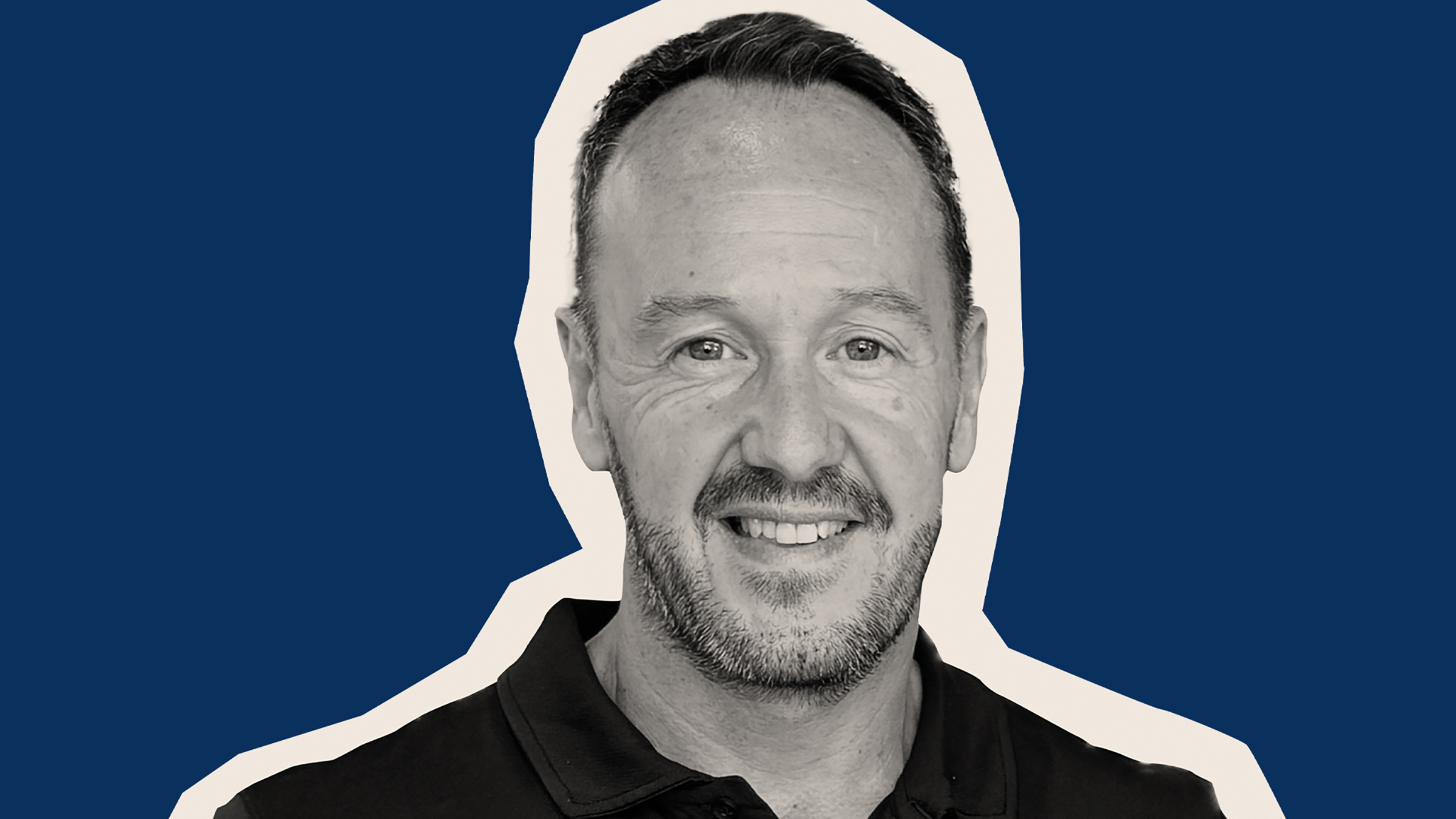
Building a business is hard. The good news is it’s supposed to be hard and whatever challenges you are experiencing are unlikely to be unique to you; the difficulty is a natural part of the process. It rarely feels like it, but the obstacles show that you are on the path to progress. Tenacity, skill and resilience are required to overcome them and build a successful organisation.
The challenges are particularly acute for founders and entrepreneurs. It truly is lonely when you are in these positions (in both good times and bad). One of the biggest difficulties for founders is where to focus your company’s finite resources. There’s an almost unending array of options available: are you in growth mode or focusing on profitability and cash flow; should you expand internationally or prioritise your home market; will R&D investment give you an edge or can existing hero products be refined and relaunched?
The range of options can be dizzying and failing to navigate them successfully has been the downfall of many talented entrepreneurs. As Castore, the sportswear brand I co-founded in 2016, has scaled from start-up to almost £250m in revenue in eight years, I have come across many lessons about strategic and tactical priorities, often through painful lessons and experience. As Mike Tyson said, “Everyone has a plan until they get punched in the face,” and business has a funny habit of doing that to you on a regular basis.
The single biggest lesson I have learnt throughout our journey so far is the importance of keeping the Main Thing the Main Thing: what is the single factor that makes your business special and different from anyone else – and that makes customers choose you? In its purest form, it is what made you start the company in the first place. Understanding this, and remembering it, is a true superpower for all entrepreneurs.
This can be incredibly difficult, particularly for fast-growth scale-ups. The array of stakeholders you manage grows exponentially, from banks and investors to suppliers and customers, your team internally, the media and of course yourself. If you are not coming into the office excited every day about what you are building, it is unlikely anyone else will be. Each stakeholder has different priorities and managing them all can be incredibly complex, but that is exactly what great leaders do – and they do this while maintaining a laser focus on the overarching mission.
In business as in life, the best solution to complexity is simplicity. At Castore, whenever things become overly complicated, I always remind myself why we started the brand. It wasn’t to deliver a certain margin or attain a level of cash conversion, it was to create products good enough to be worn by world-class athletes – that simple. We knew from the start that if we created truly great products, the business model would look after itself. The times in the past eight years that we have forgotten this fundamental truth are when we have struggled.
Of course, making great products alone does not make you a great brand or company (if it were that easy everyone would do it) but it does provide a foundation on which to build and a north star to guide you through the choppy waters that are inevitable on your journey. Once you define your Main Thing, you can’t repeat it enough either internally or externally. As a founder or leader, don’t assume that because you have said something it will be embedded in people’s minds – it won’t. Everyone is busy and has their own day-to-day problems to contend with.
Your communications, no matter how important you think you are, will be a small part of their day (as a real-life test, how many things can you remember Sir Keir Starmer saying since becoming prime minister?). Understanding what the Main Thing is and then communicating it clearly and consistently across your business is incredibly powerful.
“Castore Exists To Make Athletes Better” is included within my email signature and seen by everyone I communicate with. If a team member is working on something for too long that does not support this mission, they should reassess their priorities.
Having a mission as a company is only powerful, though, if you also have the tools to implement it. I call this the ability to dream big and act small. Every entrepreneur has big dreams – we wouldn’t be entrepreneurs without them. These dreams give you the passion to keep driving forward when things are difficult, but it’s a multitude of small actions every day that bring them to life for everyone.
I challenge our retail and ecommerce teams to improve footfall and conversion by 1 per cent each week. Individually it’s a small improvement, but doing this across months and years will yield amazing results. Most importantly, these small improvements build positive momentum. Your ambition as the founder will inspire people but the results keep them inspired.
Combining big ambition with a culture that focuses on delivering small improvements consistently is how great companies are built. Remembering why you started and what makes your business special won’t make difficult decisions easy, but it provides you with a framework to make these decisions in a consistent way and not deviate from your core mission.
Tom Beahon is the co-founder and chief executive of the sportswear brand Castore
Related and recommended

The technology is being used to redefine leadership, strategy and time management for modern bosses

Ebike entrepreneur Caroline Seton explains why start-ups should withstand external pressures to change course

Tom Crowley explains his philosophy for running successful high street food businesses

The travel tour entrepreneur’s business is thriving after the pandemic because she listened to customers

